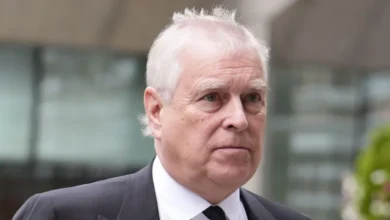
• Forbes Middle East ranks chief executive officers(CEOs) based on their achievements, innovations, company size, and market impact.
Forbes magazine’s annual list of the most powerful chief executive officers (CEOs) in the Middle East for 2024 included seven CEOs from Kuwait, showcasing 100 business leaders who lead the largest and most influential companies in the region, according to reports published in the Q8-Press.
• Isam Jassem Al-Sager, Vice Chairman and CEO of NBK Group
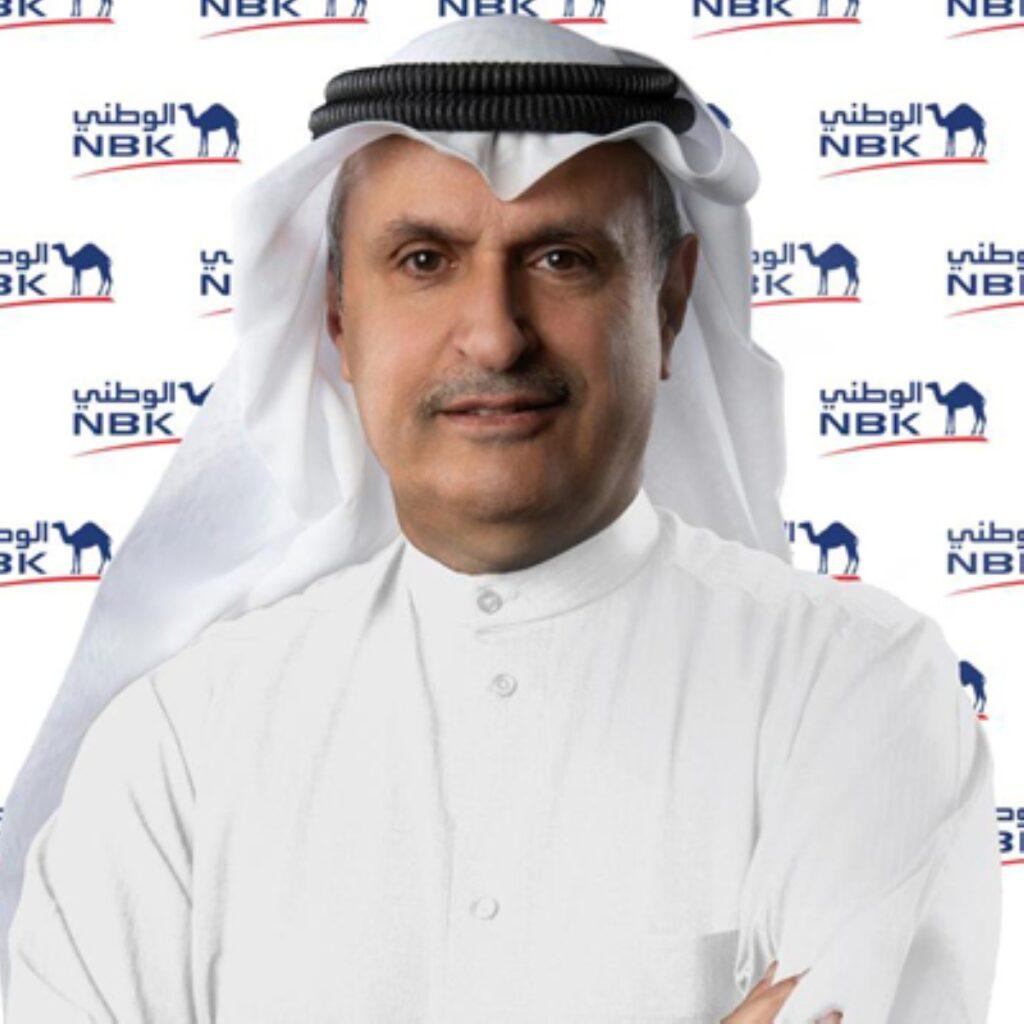
Forbes selected Isam Jassem Al-Sager, Vice Chairman and CEO of NBK Group, as the second most powerful CEO in Kuwait. He ranked eighth in the magazine’s list of the most powerful CEOs in the Middle East for 2024.
The magazine selected Essam Al-Sager as the most powerful CEO in the banking sector in Kuwait for 2024.
Al-Sager has more than 46 years of extensive banking experience, during which he played a key role in transforming NBK into a leading regional and global banking group with a broad international presence.
• Sheikh Nawaf Saud Al-Sabah, Vice Chairman of the Board of Directors and CEO of Kuwait Petroleum Corporation

The Forbes list also featured Sheikh Nawaf Saud Al-Sabah, Vice Chairman of the Board of Directors and CEO of Kuwait Petroleum Corporation, who was ranked sixth among CEOs in the Middle East.
• Bader Nasser Al-Kharafi, Vice Chairman of the Board of Directors and CEO of Zain Group
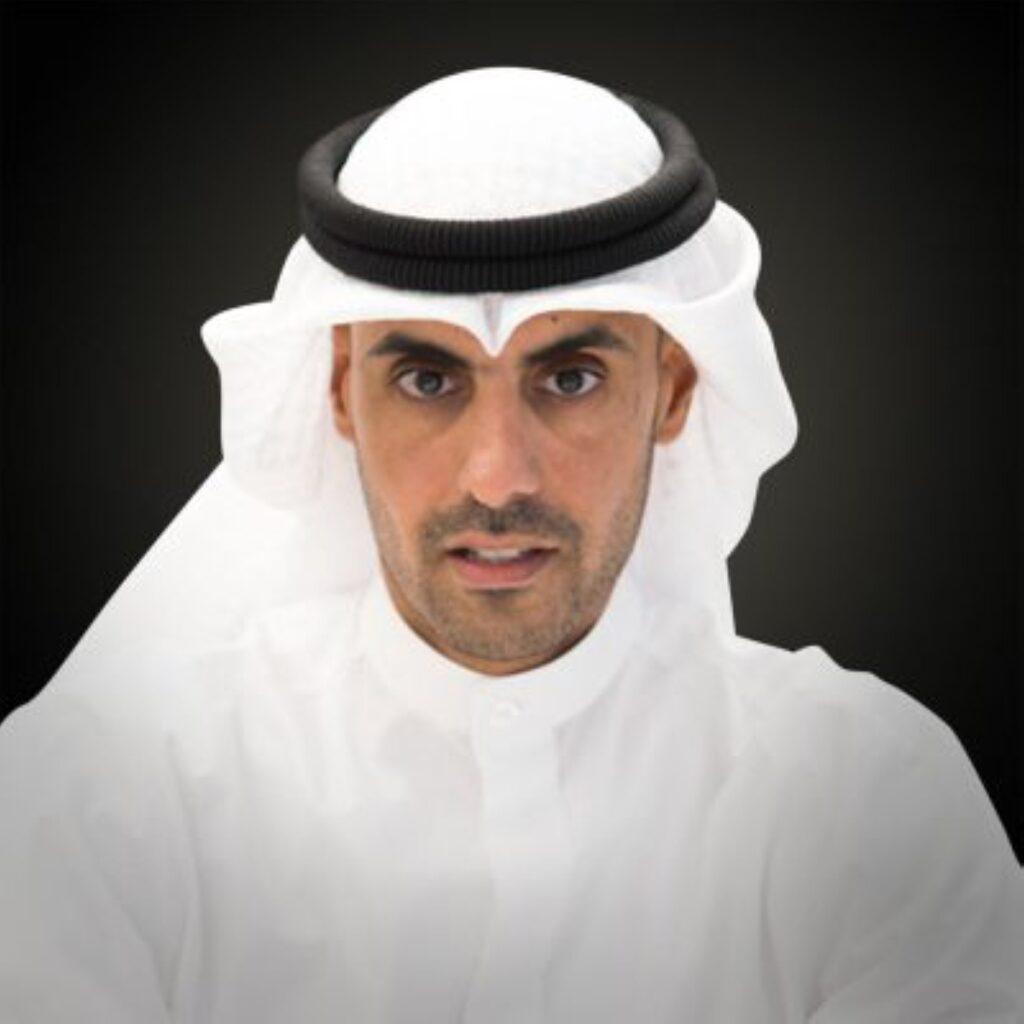
Bader Nasser Al-Kharafi, Vice Chairman of the Board of Directors and CEO of Zain Group, secured the 38th spot on the list.
• Sheikha Adana Nasser Al-Sabah, CEO of Kuwait Projects Holding Company (KIPCO)
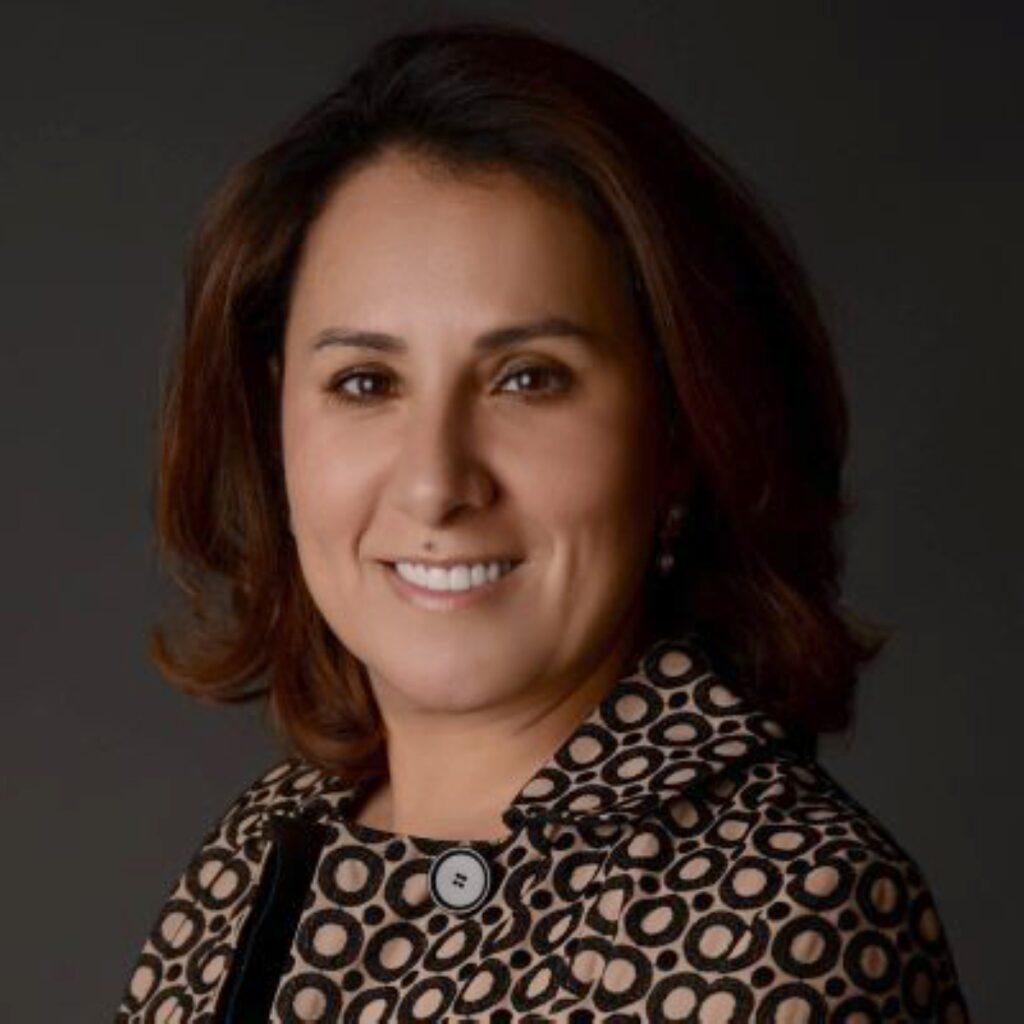
Adana Nasser Al-Sabah, CEO of Kuwait Projects Holding Company (KIPCO), was ranked 60th on the Forbes list.
• Talal Al-Ajmi, CEO of VI Markets
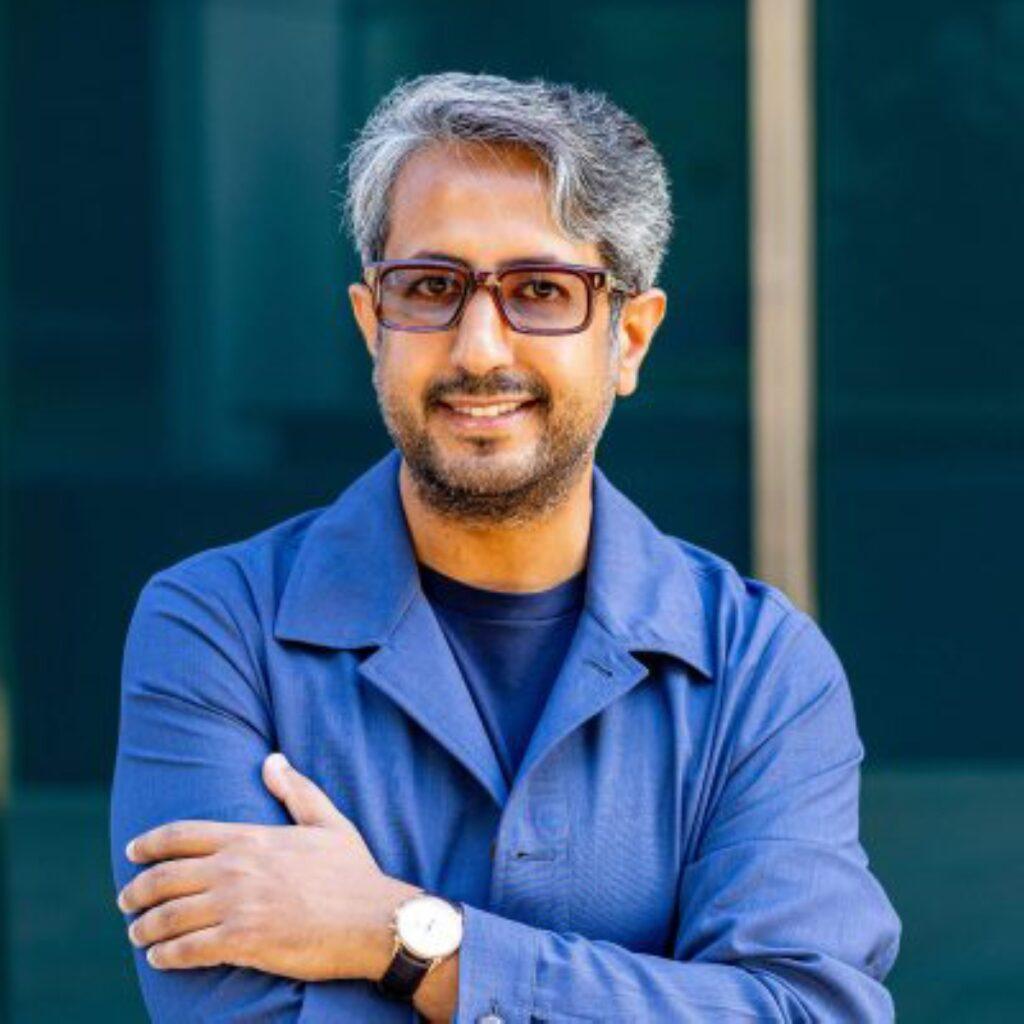
Talal Al-Ajmi, the founder and CEO of VI Markets, was ranked 94th on the list.
The list also included Donna Sultan, CEO of KEO International Consultants, and Salem Al Hindi, CEO of Rotana Music Group in Saudi Arabia.
Forbes Middle East ranks CEOs based on various factors, including their achievements and performance over the past year, the innovations and initiatives they have implemented, the size of the company they lead, and their impact on the business and markets they oversee. The ranking exclusively included CEOs of companies headquartered in the Middle East and North Africa (MENA) region.










